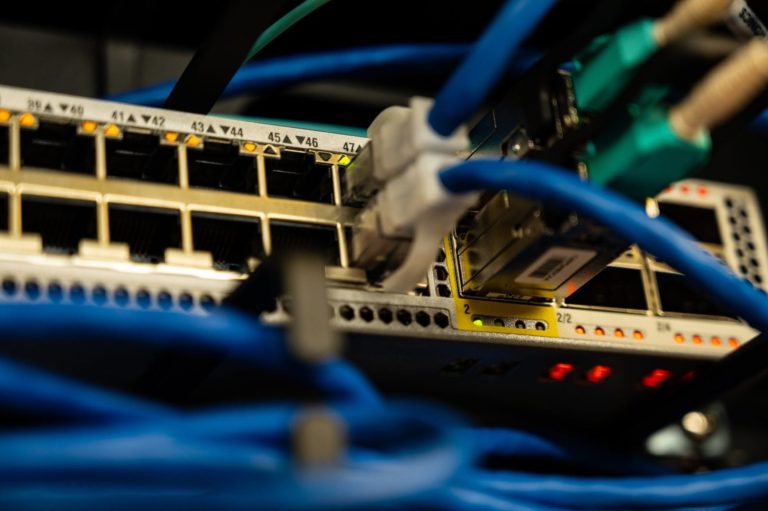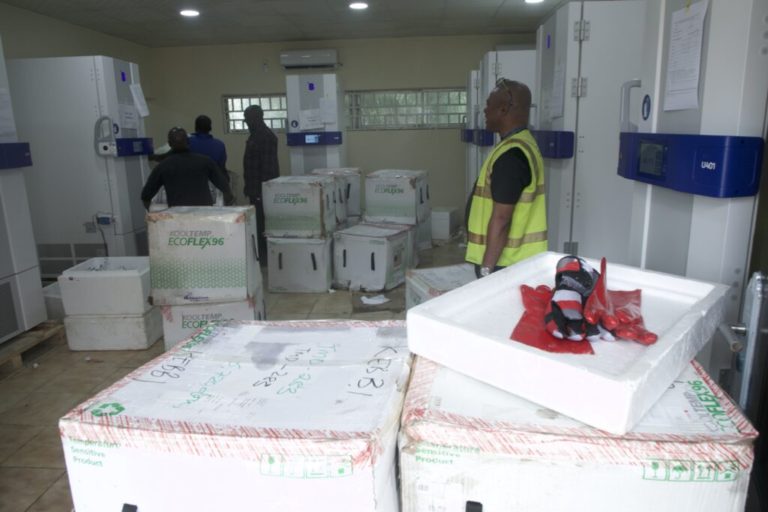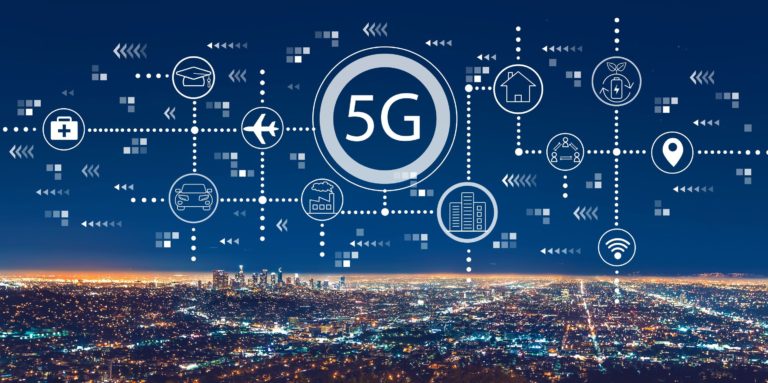Issues surrounding 5G in the African telecom space

Technological offerings are critical to global growth, including African growth. These advancements have enabled many countries to achieve solutions that would not have been possible even 20 years, let alone 5 years ago.
Individuals and industries alike have witnessed and continue to witness a massive paradigm shift, particularly in terms of the availability of technologies that have assisted in redefining their work processes.
5G broadband is one of many recent technological advancements. This fifth-generation (5G) wireless internet is no longer a pipe dream; it has arrived and is now available in a few major cities around the world.
African cities are not left behind, and these innovative steps hold a lot of promise for them. There is a lot of talk about how the next generation of wireless technology could help Africa catch up to the rest of the world in terms of high-speed internet access.
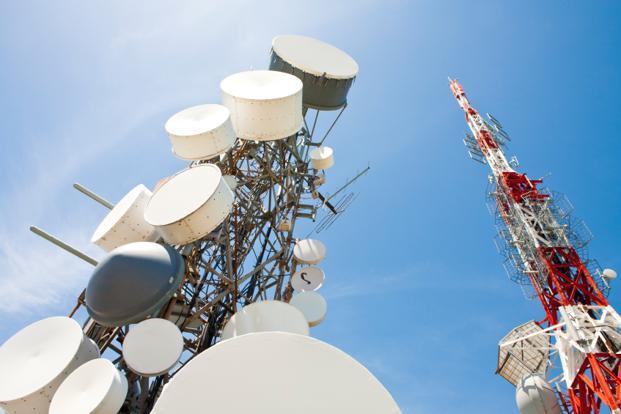
With its limited Internet access and infrastructure, high data costs, and struggling economy, Africa can benefit from 5G in a variety of ways.
However, some challenges must be addressed as communication service providers (CSPs) prepare for the 5G era and maximize the value the technology can bring.
5G Prospects in Africa
The fifth generation of internet broadband is referred to as 5G. After the 4G LTE standard, it is the next step in the evolution of mobile internet technology.
Some of the advantages of 5G include faster download and upload speeds. Websites will load in milliseconds, not minutes, and movies will download in seconds, not minutes.
5G also has significantly lower latency, or lag, which is the delay that causes annoying echoes and visual flickers when using WhatsApp or playing online video games.
In contrast to previous mobile technologies, the 5G spectrum necessitates higher radio frequencies. Because these frequencies cannot travel as far as other frequencies, 5G networks would necessitate a more dense network of base stations or masts.
As a result, 5G is better suited to densely populated metropolitan areas where a large number of people are online at the same time.
With the promise of better and faster internet connectivity offered by 5G networks, the African telecom space has had some issues to deal with in recent years.
Infrastructure shortages are impeding progress.
One of the major impediments to Africa’s development has been a lack of adequate infrastructure.
Technology and innovation are the driving forces behind economic growth. Technological capabilities have become a source of competitive advantage as trade and investment have become more global.
The lack of viable infrastructures continues to be a major impediment to 5G development across the continent.
For a 5G enabled location, mobile operators face huge infrastructure costs that they aren’t sure how they’ll recoup.
To broadcast 5G signals, mobile carriers will need to build a massive network of masts or antennas. That means carriers will have to spend a lot of money to build out 5G services, and they are unsure if it is worthwhile in the African context.
This fear is not irrational because it is founded on historical precedent. The continent already has an abundance of 4G fast mobile internet, which regular customers refuse to purchase due to the high cost.
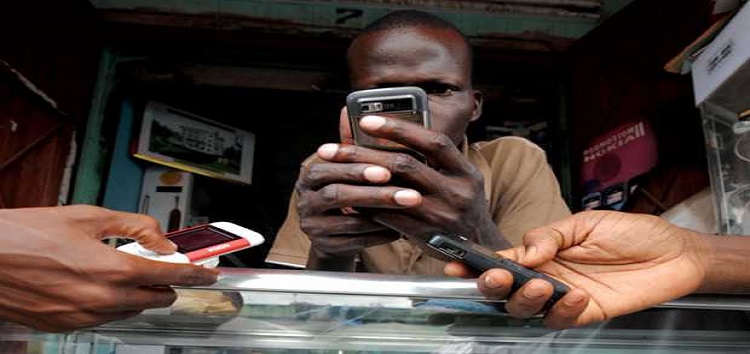
Despite the country’s extensive 4G network, only about 4% of mobile internet users in Nigeria pay for 4G services, while more than 40% use the cheaper, but slower, 3G internet. It’s the same story across most of Africa.
If African customers can’t afford 4G, they won’t be able to afford 5G, let alone the new equipment needed to use 5G on a smartphone.
Licences for 5G spectrum will be issued.
Although 5G networks are still in their early stages and African countries are taking steps to commercialize them, services are still extremely limited.
The majority of African governments have yet to develop the regulations necessary for 5G deployment in their respective countries.
Nigeria, Kenya, and South Africa are among the few countries that have taken regulatory steps, but calls for other countries to follow suit have grown louder.
In Nigeria, MTN and MAFAB Communications emerged as the winners of the Federal Government’s 5G spectrum auction, acquiring the right to roll out the country’s 5G spectrum.
Mobile companies on the continent will not be able to deploy full 5G services until each country’s communications authority follows a similar path and launches a spectrum auction to sell the rights to broadcast across certain frequencies.
Why should Africa be concerned about 5G?
Technology is never static, and Africa should embrace this reality. Tech enthusiasts agree that 5G could provide Africa with faster and more consistent mobile internet access without the need for high-speed broadband fiber optic lines.
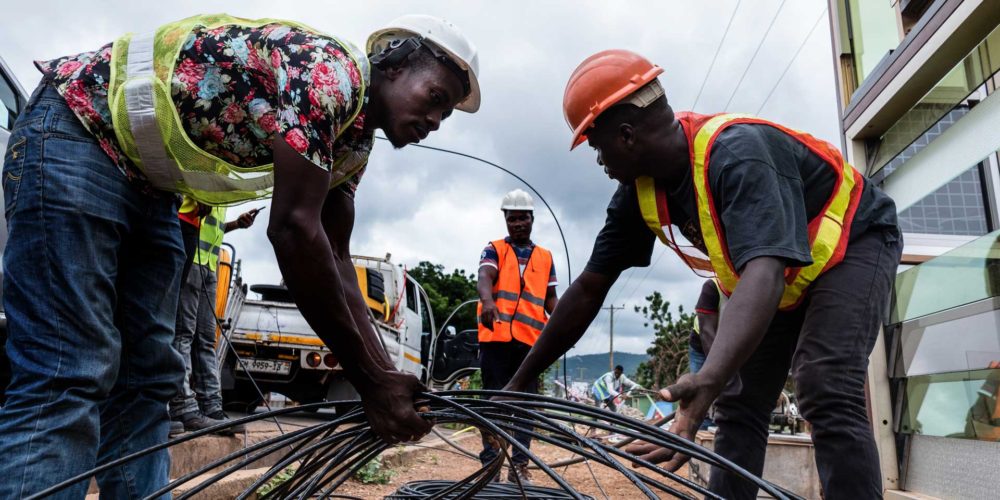
A fiber network is located within 25 kilometers of slightly more than half of Africa’s population. Independent estimates in Nigeria place the figure at around 14 percent. Rather than digging up fiber connections, African countries could invest in newer 5G technology and skip ahead to high-speed connectivity.
Because of telemedicine and remote schooling, the 5G network is having a significant global impact in industries such as health and education. Remote surgery via video link may become a possibility with improved internet call quality and reduced latency.
Despite Africa’s significant delay in 5G rollout, the time lag before large-scale 5G deployment may have positive consequences for the region.
This could allow 5G technology to evolve and be tested in other areas, allowing Africa to avoid making the same mistakes as other countries.
Furthermore, as more countries around the world begin to roll out 5G, the region may benefit from lower device and equipment costs.



